Uncategorized
Uncategorized
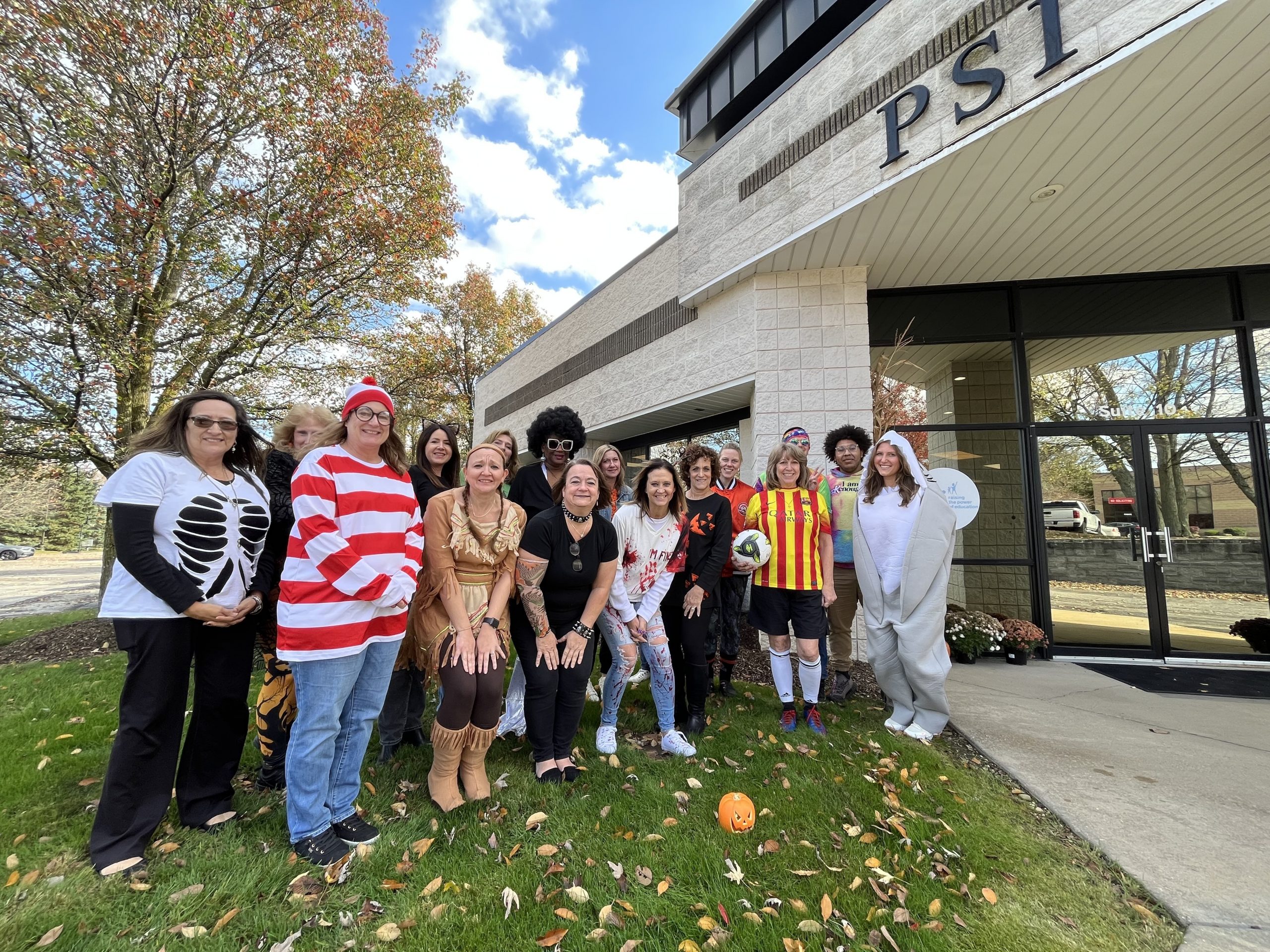 31
31Oct
Happy Halloween from the PSI Headquarters
Everyone should have this much fun at work.
Team PSI getting in the Halloween spirit!
#HappyHalloween #TeamPSI #SpookySeason #halloweenfun #costume #celebrate #halloweenspirit
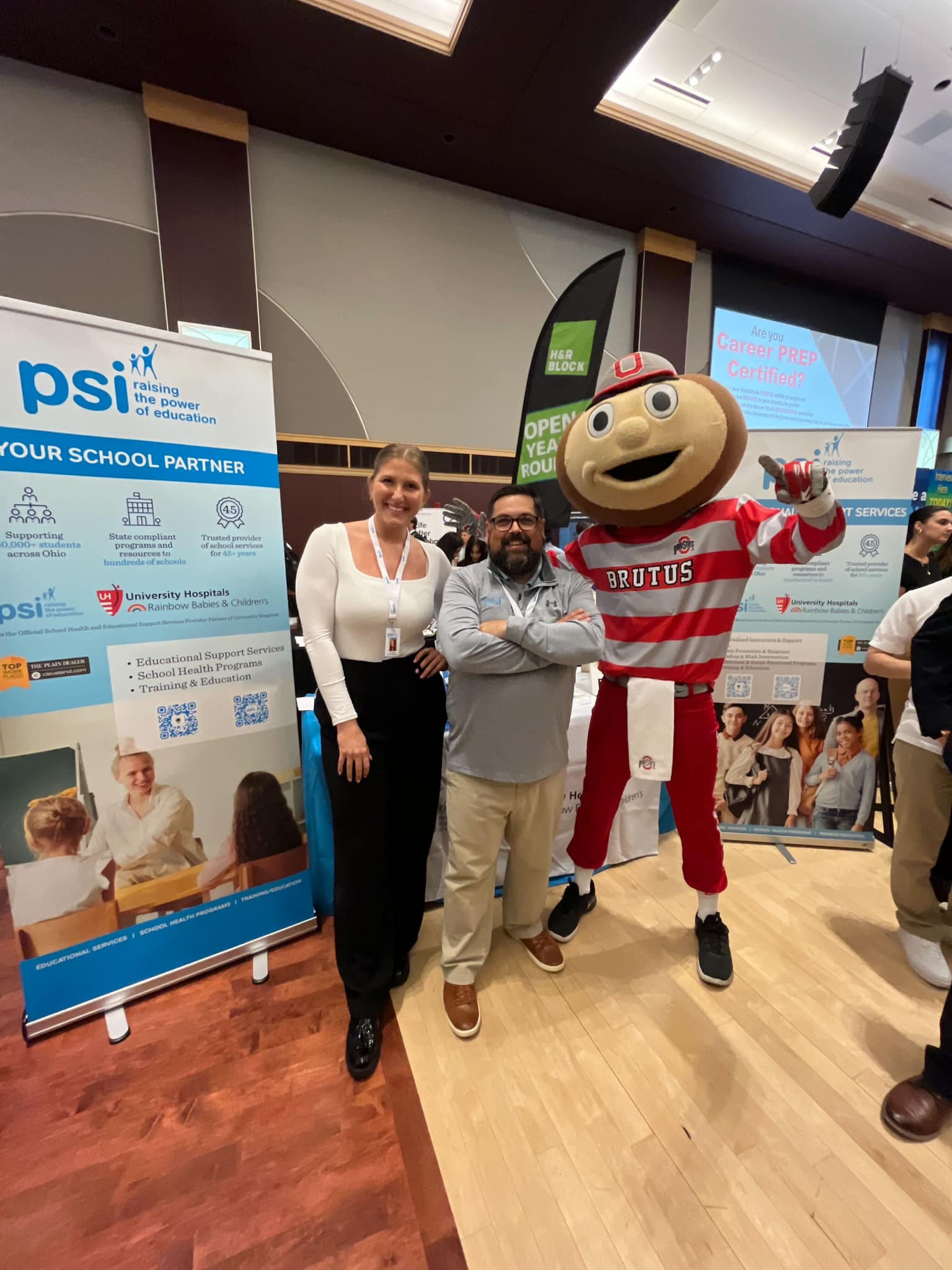 14
14Sep
O-H! 🏈
The PSI recruiting team attended The Ohio State University Career and Internship Fair.
 05
05May
May is Mental Health Awareness Month
May is mental health awareness month. While every day should usher in opportunities to support each others’ emotional well-being, this month we shine a spotlight on mental health issues in the hopes of destigmatizing these diagnoses and supporting those in need. There’s never been a more relevant time for these reflections. Data from a CDC […]
 28
28Apr
2023 Union Home Mortgage Cleveland Marathon Announces Education Partnership with PSI Solutions
CLEVELAND – (April 27, 2023) – The Union Home Mortgage Cleveland Marathon announced today an educational initiative with Twinsburg-based PSI Solutions (PSI), a leading provider of school health and educational solutions. The initiative provides resources and support to local schools, students and community members on both race weekend and beyond. “We are thrilled to be […]
 27
27Aug
Drugs of Addiction Webinar: What Educators Need to Know
This special seminar presented by Nancy E. Pommerening, OCPS and Director: Drug Awareness and Prevention Inc. provides an overview of marijuana, its dangers, and how youth attitudes towards it have changed.
 31
31Jul
Myths About Online Therapy: BUSTED!!
A must read so your students don’t miss out on the services they need! Research has shown that online services are just as effective as in-person direct services. Therapists have reported better eye contact and better engagement from their students.
 07
07Jul
Did you miss the free webinar on…
Did you miss the free webinar on “What educators and parents need to know about the Netflix Series, 13 Reasons Why”? Click here for a listing of all of our free webinars that you can watch.
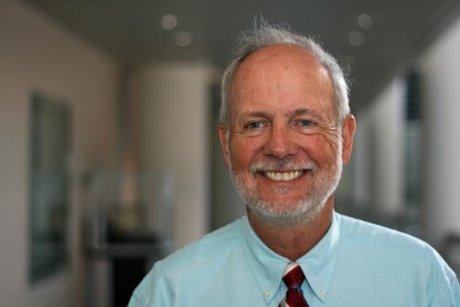 14
14Mar
PSI Expert recently presented at the ISCA Conference in Prague, Czech Republic
Scott Poland an Expert Partner of PSI Recently Presented at the International School Counseling Association Conference (ISCA) in Prague, Czech Republic.
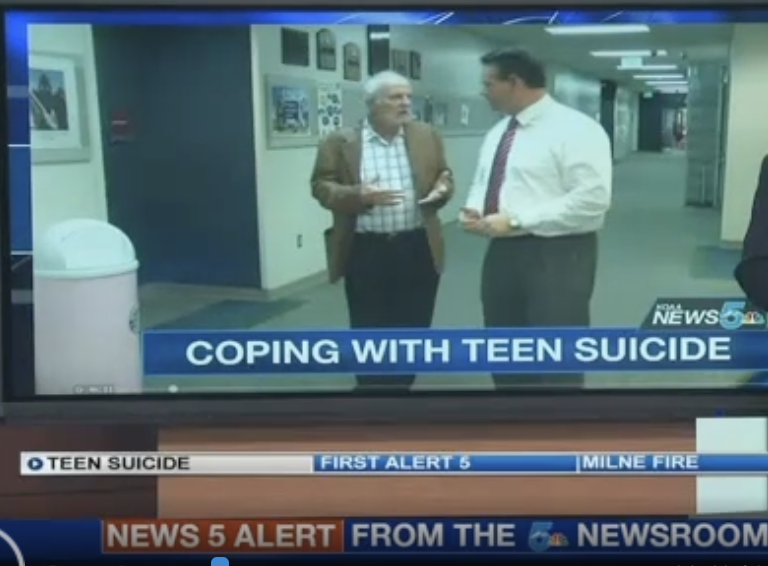 12
12Mar
Watch PSI Expert Dr. Scott Poland assisting in Colorado with Suicide Tragedies
In late 2016, in the wake of more tragedies and more teen suicides in Academy School District 20 in Pueblo, CO, News5 interviewed PSI Expert, Dr. Scott Poland with the goal to put a stop to teen suicide in their community. Dr. Scott Poland, a licensed psychologist who is internationally recognized as an expert on youth suicide […]
 27
27Jan
FEELING SOCIAL?
We at the PSI management level are SO proud of the work you are doing in your schools and communities. We also feel there are many unsung HEROES out there and would like to feature them via the various PSI social media connections. If you’re interested and want to highlight what you or a co-worker […]
Recent Comments